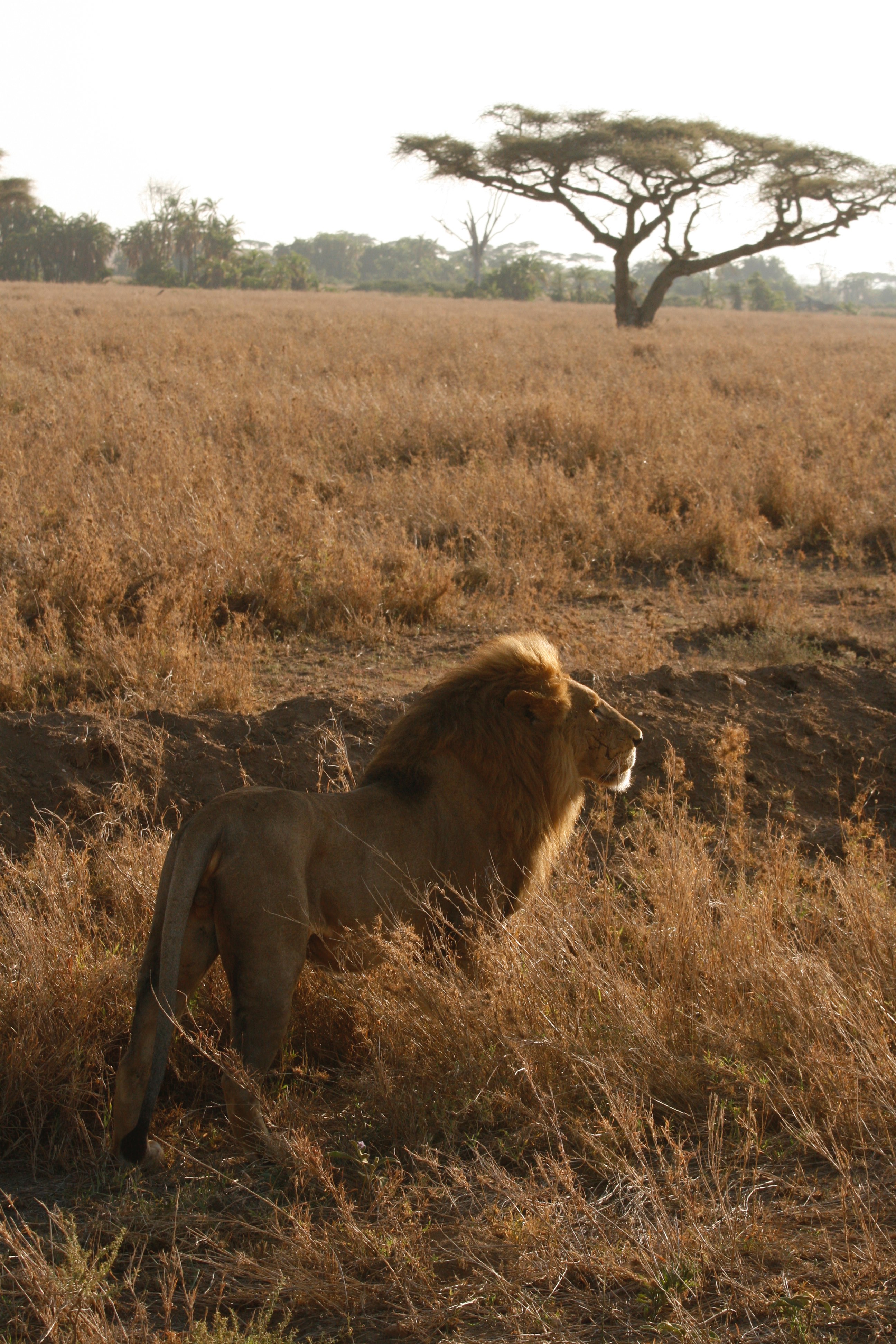Genomische Biomonitoring
Naturschutzgenomik und Makrogenetik
Institutionen: Senckenberg Gesellschaft für Naturforschung und Goethe-Universität Frankfurt am Main
Der globale anthropogene – also durch den Menschen verursachte – Lebensraum- und Klimawandel führt zu einem rapiden Rückgang der biologischen Vielfalt auf allen Ebenen. Die genetische Vielfalt bildet dabei die erste Ebene der Biodiversität. Historisch gesehen ist sie jedoch deren am wenigsten geschützte und am wenigsten verstandene Komponente. Die fortwährende Vernachlässigung der genetischen Vielfalt gefährdet die Stabilität der Ökosysteme, und wir laufen Gefahr, die planetaren Grenzen stillschweigend zu überschreiten. Die Gruppe Genomisches Biomonitoring versucht dies zu verhindern, indem sie die Kartierung, die Überwachung und den Schutz der genetischen Vielfalt verbessert. Zu diesem Zweck führen wir klassische genomische Naturschutzstudien an bedrohten Arten durch, kombiniert mit modernster makrogenetischer Synthese. Mit unserer Forschung wollen wir dazu beizutragen, reale Veränderungen zu bewirken.
Im Bereich der Naturschutzgenomik setzen wir fortschrittliche Sequenzierungstechnologien ein, um bedrohte Arten zu untersuchen und Fragen von breiter Bedeutung für den Naturschutz zu beantworten. Unser Ziel ist es, Arten zu unterstützen und zu managen, um ihr Aussterberisiko zu verringern, den Erhaltungserfolg zu maximieren und die biologische Vielfalt zu schützen. Zu diesem Zweck führen wir sowohl stark angewandte Projekte durch, die von Praktikern nachgefragt werden, als auch allgemeine Projekte, die sich auf Kernfragen der Naturschutzbiologie konzentrieren.
Die Makrogenetik ist ein neues Gebiet, das genetische und genomische Daten in großem Maßstab zusammenführt, um artenübergreifende Muster und die Breite der genetischen Vielfalt zu verstehen. Unser Ziel ist es, dieses Gebiet durch lokale Forschung und internationale Zusammenarbeit weiter zu etablieren und auszubauen. Wir hoffen, damit eine wichtige Lücke im Wissen über die globale Verteilung der genetischen Vielfalt zu schließen und groß angelegte Erhaltungsprogramme (z.B. Schutzgebiete) zu unterstützen.
EXPERTISE / METHODEN
- Molekulare Populatonsgenetik
- Naturschutzgenetik/-genomik
- Wildtierbiologie
- Bioinformatik
- Schutz der Biodiversität
KÜNFTIGE PROJEKTE
- Naturschutzgenomik der Westlichen Leopardkröte
- Makrogenetik von Inselarten
LAUFENDE PROJEKTE
- ACORN-Eichen (Kooperationspartner)


AUSGEWÄHLTE PUBLIKATIONEN
Schuman M. C., Röösli C., Mastretta-Yanes A., Helfenstein I. S., Vernesi C., Selmoni O., Millette K., Tobón-Niedfeldt, Albergel C., Leigh D., Hebden S., Schaepman M E, Laikre L., Asrar G. R. Genes from Space: Leveraging Earth Observation Satellites to Monitor Genetic Diversity. (Submitted)
Schmidt C., Karachaliou E., Vandergast A. G., Crandall E.D., Falgout J., Hunter M.E., Kershaw F., Leigh D., O’Brien D., Vinas I-P., Segelbacher G., Garrowat C. J. (Submitted) The global protected area network does not harbor genetically diverse populations. https://ecoevorxiv.org/repository/view/6966/
Paz-Vinas I, Vandergast AG, Schmidt C, Blanchet S, Clark RD, Crandall ED, De Kort H, Falgout J, Garroway CJ, Karachaliou E, Kershaw F, Leigh DM, O’Brien D, Pinsky ML, Segelbacher G, Hunter ME (Submitted) Uneven genetic data limits biodiversity assessments in protected areas globally. https://ecoevorxiv.org/repository/view/6162/
Leigh DM, Vandergast A, Hunter ME, Crandall E, Funk WC, Garroway CJ, Hoban S, Oyler SJ, Rellstab C, Segelbacher G, Schmidt C, Vazquez-Domínguez E, Paz-Vinas I (In press) Don’t make your data disposable: Best practices for genetic and genomic data archiving and publishing. Nature Ecology and Evolution. https://doi.org/10.32942/X29025
Leigh DM, Kersten O†, Star B, Anker-Nilssen T, Burnham K, Johnson J, Provencher J, Boessenkool S (2022) Sympatry of genetically distinct puffins in the High Arctic. Ibis. doi: 10.1111/ibi.13153
Jensen E, Leigh DM (2022) Using temporal samples to understand contemporary climate change responses in wildlife. Ecology and Evolution. doi: 10.1002/ece3.9340
Leigh DM, van Rees CB†, Millette KL†, Breed MF, Schmidt C, Bertola LD, Hand BK, Hunter ME, Jensen EL, Kershaw F, Liggins L, Luikart G, Manel S, Mergeay J, Miller JM, Segelbacher G, Hoban S, Paz-Vinas I (2021) Opportunities and challenges of macrogenetic studies. Nature Reviews Genetics. 22:791-807 doi: 10.1038/s41576-021-00394-0
Leigh DM, Hendry A, Vazquez-Domínguez E, Friesen V (2019) Estimated six percent loss of genetic variation in wild populations since the industrial revolution. Evolutionary Applications 12:1505-1512 doi: 10.1111/eva.12810